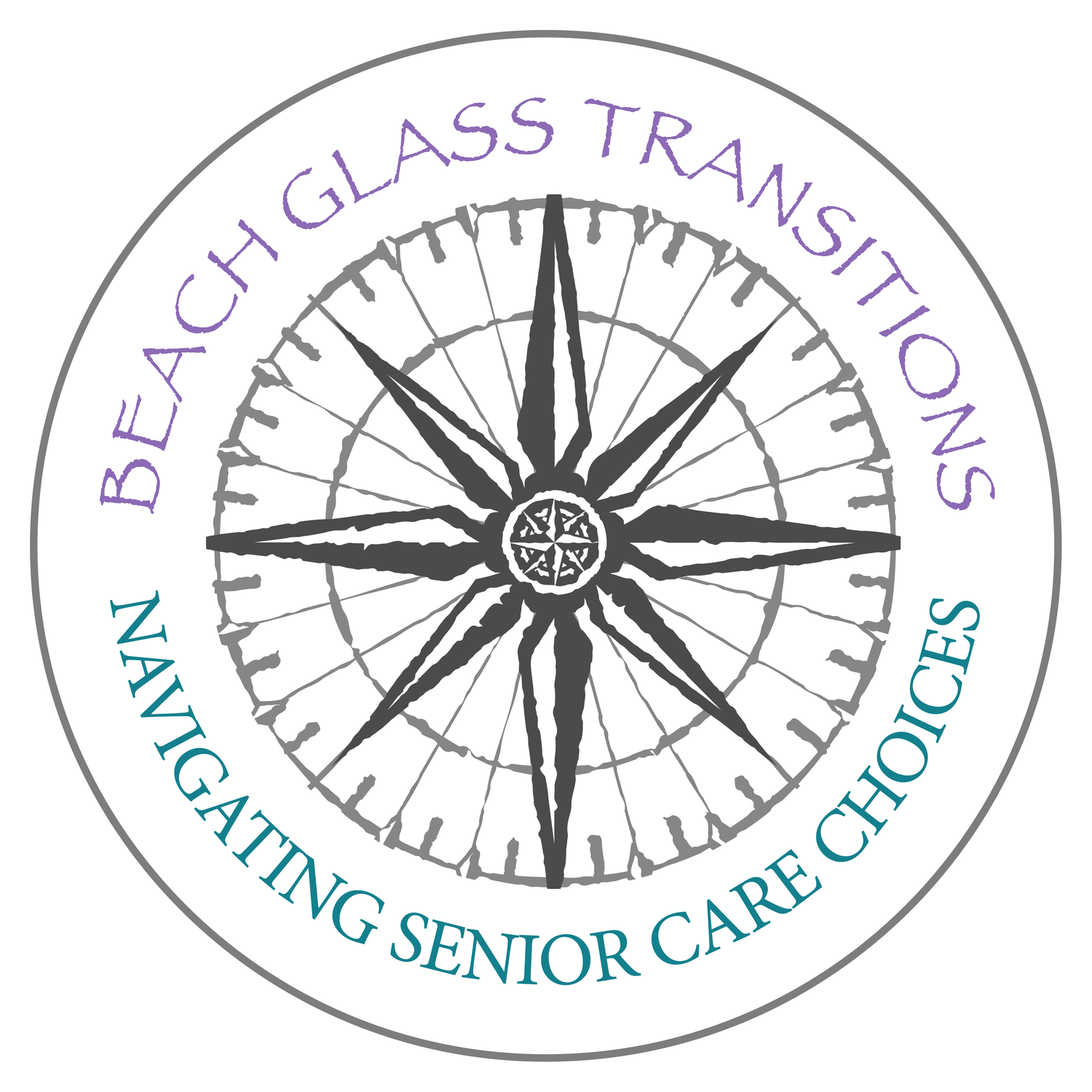How to Choose a Power of Attorney
/Who should you trust with your POA? It does not necessarily have to be the family member or friend with the most health care knowledge or the most advanced understanding offinances.
It is not wise to name a person as POA just to spare hurt feelings. For example, in a family where there are four adult children, the temptation is often to name all four children as POAs
so that everyone has fair say, but this can complicate decision-making in the future when family dynamics come into play.
The best course, usually, is to choose two loved ones (one as the primary agent and one as an alternate) that you trust to keep your best interests at heart. You may grant both financial and medical powers to the same agent, as medical and financial decisions will overlap frequently. If you choose different individuals as financial and medical POA, be sure to choose individuals who work well together, as frequently they will have to agree mutually on decisions.
While you do not need a financial wizard or a medical pro as your POA, you do want to consider the capabilities and personalities of the people you are designating. Someone who has poor history with money management, or has been unable to keep her own paperwork organized, is probably not the best choice for Financial POA. Someone who may be too emotionally frail to make difficult decisions surrounding death is not necessarily the best choice for Health Care POA. You will also be required to name an alternate for each position, a person that can take over the responsibility ifthe first person refuses, becomes incapacitated, or dies.
If you cannot name family members or close friends, you may name an accountant, attorney, or another professionalto be your financial POA. In this case, there will be a schedule of fees associated with the service. Compensation is decided between the principal and the agent, If you wish, family and friends may also be compensated for their service as your agent.
What if a person becomes incapable of making financial or health care decisions for themselves, but they have no POA agent? What if your agent is deceased and the backup refuses? What if the agent was your spouse, but you since divorced and never updated the document? In any of these scenarios, an agent will have to be granted Guardianship, since cannot establish POA for a person who is cognitively incapacitated.

